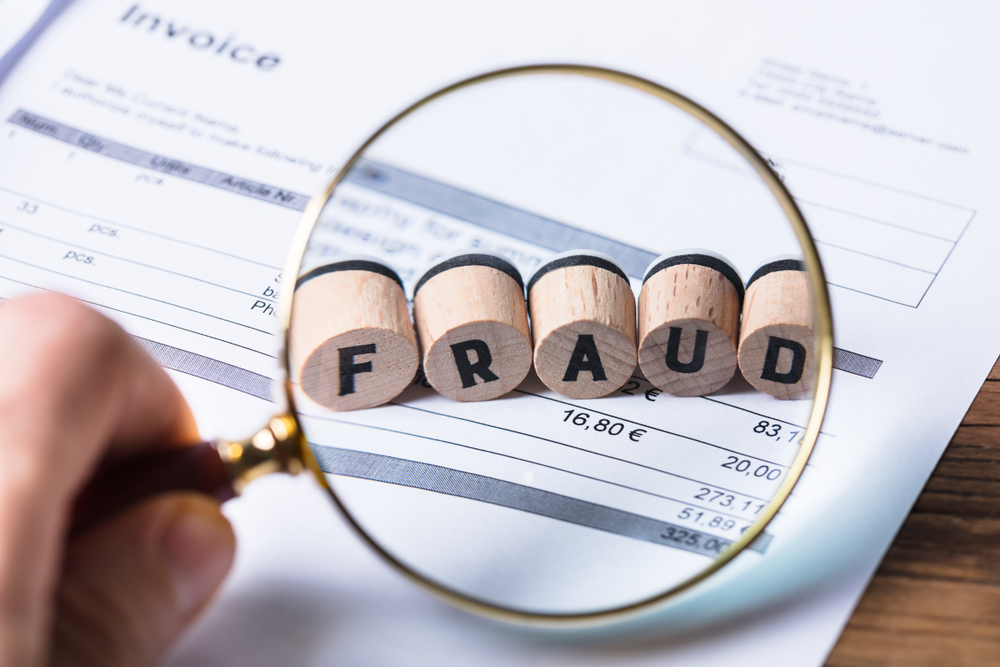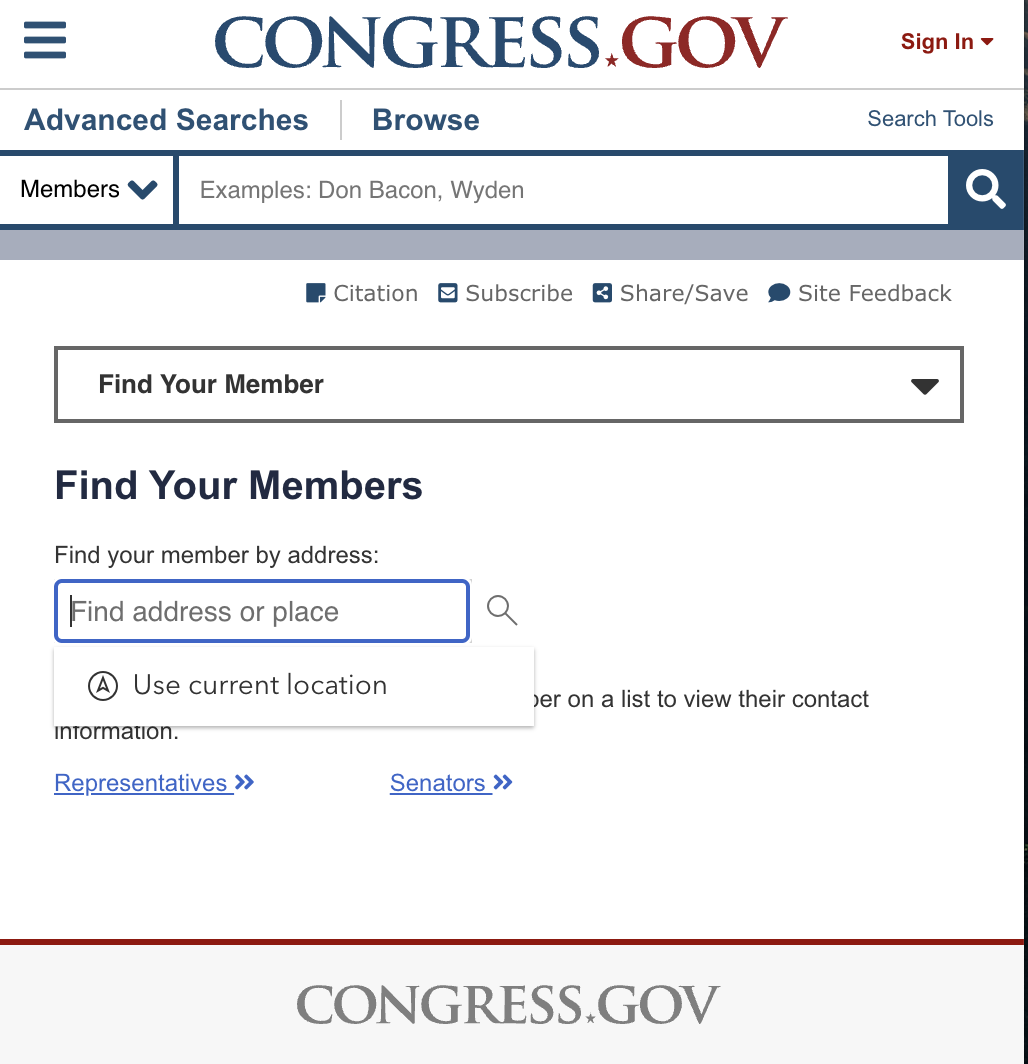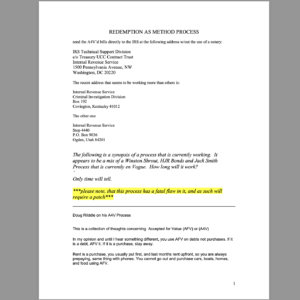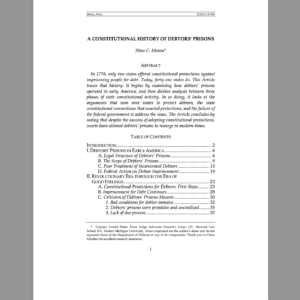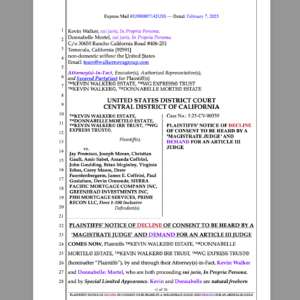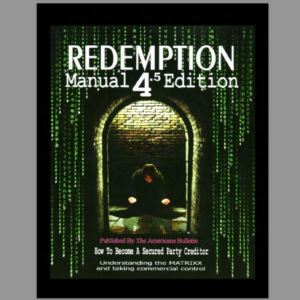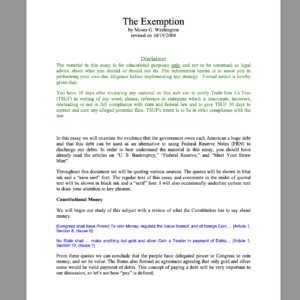You are expected to know your rights and how to exercise them. Not doing so is considered willful submission and compliance to whatever “rule”/statute/code they want to make up. Everything is commerce, a contract, and/or trust, willful , you are expected to know the law, and all are equal under the law. “Ignorance of the law is no excuse.” This article was sourced from WALKERNOVA GROUP.
All contracts with the government are fundamentally voluntary, allowing every man and woman to stand on their rights and exemptions as private citizens. When proceeding, In Propria Persona, sui juris, One can reserve their natural common law right not to be compelled to perform under any contract that they did not enter into knowingly, voluntarily, and intentionally. One can not be forced to accept the liability associated with any compelled and pretended “benefit” of any hidden or unrevealed contract or commercial agreement. As such, the hidden or unrevealed contracts that supposedly create obligations to perform, for persons of “subject status,” are inapplicable to a private citizen/non-citizen national/national/State Citizen/national of the United States, and are null and void.
Consistent with the eternal tradition of natural common law, unless One has harmed or violated someone or their property, One has committed no crime; and One is therefore not subject to any penalty. One may act in accordance with the following U.S. Supreme Court case:
“The individual may stand upon his constitutional rights as a citizen. He is entitled to carry on his private business in his own way. His power to contract is unlimited. He owes no such duty [to submit his books and papers for an examination] to the State, since he receives nothing therefrom, beyond the protection of his life and property. His rights are such as existed by the law of the land [Common Law] long antecedent to the organization of the State, and can only be taken from him by due process of law, and in accordance with the Constitution. Among his rights are a refusal to incriminate himself, and the immunity of himself and his property from arrest or seizure except under a warrant of the law. He owes nothing to the public so long as he does not trespass upon their rights.” — Hale v. Henkel, 201 U.S. 43 at 47 (1905). “
In the realm of law, there exists a clear distinction between the public and private sides. While the public side often reflects obligations, debts, or actions that are visible and enforceable by the government, the private side—unseen by many—operates under a different set of principles and protections. On this private side, individuals can invoke their rights and exemptions, effectively choosing not to engage in or be bound by public obligations that conflict with their private status. This duality within the legal system enables people to maintain their sovereignty and autonomy, provided they are aware of and assert their private rights.
Understanding your rights is essential to exercising them, as failure to do so can lead to serious consequences. If you do not actively exercise your rights and rebut presumptions made against you, those presumptions are assumed to be correct. This can result in false presumptions being used to deprive you of your rights, leaving you vulnerable to legal actions and obligations that you otherwise might have avoided. By asserting your rights and challenging any incorrect assumptions, you protect yourself from losing your lawful protections and ensure that your rights are respected and upheld.
When receiving a notice of default and intent to sell, it is crucial to comprehend how to rebut that false and fraudulent presumption. Understanding this process is essential because, if left unchallenged, the presumption may be used to unlawfully deprive you of your property. This task becomes even more challenging as certain COUNTY RECORDERS, such as those in Riverside County and Los Angeles County, are reportedly willfully and intentionally obstructing the filing of essential documents and concealing, falsifying, and mutilating the record. These RECORDERS are being instructed to willfully and intentionally violate the law and commit a felony, and refuse to record documents that could otherwise protect your rights and rebut the false claims against your property.
18 U.S. Code § 2071 – Concealment, removal, or mutilation generally, expressly stipulates:
“(a) Whoever willfully and unlawfully conceals, removes, mutilates, obliterates, or destroys, or attempts to do so, or, with intent to do so takes and carries away any record, proceeding, map, book, paper, document, or other thing, filed or deposited with any clerk or officer of any court of the United States, or in any public office, or with any judicial or public officer of the United States, shall be fined under this title or imprisoned not more than three years, or both. (b) Whoever, having the custody of any such record, proceeding, map, book, document, paper, or other thing, willfully and unlawfully conceals, removes, mutilates, obliterates, falsifies, or destroys the same, shall be fined under this title or imprisoned not more than three years, or both; and shall forfeit his office and be disqualified from holding any office under the United States. “
In such situations, it is imperative to know your rights and take immediate, informed action to counter these fraudulent actions and safeguard your property interests. Affidavits, Notices, UCC Filings, Lawsuits, IRS forms, and Claims can be used to address the unconstitutional actions of these COUNTY RECORDERS.
1. Review the Notice
– Verify the Detail: Ensure all the information in the notice, such as the amount claimed as default, the property details, and the dates, is accurate.
– Check Compliance with State Laws: Make sure the notice complies with your state’s foreclosure laws, including the timing of the notice and the method of delivery.
2. Request Verification (different from “Validation”) of the Debt:
– Debt Verification Letter: Under the Fair Debt Collection Practices Act (FDCPA), send a debt verification letter to the purported lender or “loan servicer”, demanding verification of the debt and proof of their capacity, authority, and standing to foreclose.
– Chain of Title: Request[demand] the lender to provide proof of ownership of the note and mortgage to ensure they have the legal standing to foreclose. Did you already acquisition and claim the referenced DEED OF TRUST or MORTGAGE or NOTE? Well then, the purported lender has no standing or valid claim. They are committing fraud.
– Proof of Payment: Provide proof that you have already tendered payment in accordance with UCC 3-311 and UCC 3-603 in “full satisfaction” of the debt, and request acknowledgment of this payment.
3. File a Notice of Claim, Fraud, Submit Evidence, Homestread Exemption, Invoke Equity, Bifurcated Title:
– Notice of Claim: Send a formal notice of claim and notice of fraud, extortion, coercion, slander of title, and deprivation of rights under the color of law to the lender or trustee. Outline any inaccuracies, legal deficiencies, or wrongful actions you have identified. This could include improper service, incorrect amounts, or failure to follow statutory requirements.
– Invoke Loss Mitigation Rights: If applicable, request a loan modification or other loss mitigation options. Some states require lenders to offer loss mitigation before proceeding with foreclosure.
– Trust Ownership: If the property has been deeded and sold to a private irrevocable or revocable trust, One can assert that the property is no longer subject to any foreclosure, as the property is no longer in the possession of the party whom the financial institution is alleging owes a debt.
– Invoking Equity: Invoke equity by demanding the discharge of the alleged debt and utilizing your exemption as a national, and in accordance with at least House Joint Resolution 192 of June 5 1933, public law 73-10.
– Homestead Exemption: In a Chapter 7 bankruptcy, certain exemptions protect your primary “residence” from being liquidated. The “homestead exemption,” allows you to keep a certain amount of equity in your home. If your equity falls within this exemption, your home is safe from creditors.
– Bifurcated Title: Highlight that the note and deed of trust were indeed separated (thus bifurcated title), which does indeed invalidate the purported lender’s right to foreclose.
– Fraud in the Factum: Mention that the contract is void due to “fraud in the factum,” asserting that you were misled or not fully informed about the terms or nature of the contract when you signed it.
– Non-Disclosure of Transaction Details: Assert that the lender committed fraud by failing to disclose that they were not actually loaning you money but instead were acquiring and purchasing your note and/or security from you. Emphasize that the lender merely acted as a “money changer” and conducted a currency exchange.
– Submission of Evidence: Submit evidence that you created the financial instruments, and reference UCC 3-104 to highlight that the instruments you provided were the equivalent of money and/or cash, as supported by Generally Accepted Accounting Principles (GAAP).
4. Negotiate with the “purported” Lender:
First and foremost, it should never be forgotten that YOU create the money with your signature on the debt instrument(s) however, if you are still confused:
– Loan Modification or Repayment Plan: Engage in negotiations with your lender to modify your loan or establish a repayment plan to avoid foreclosure.
– Forbearance: Request forbearance, especially if you are facing temporary financial hardship.
5. Seek “Legal” Counsel:
If you are not In Propria, sui juris you could consider seeking counsel. An Attorney In Fact or Attorney At Law.
– Consult an Attorney: Given the complexity of foreclosure laws and the significant consequences of a default, consult an attorney who specializes in real estate or foreclosure defense.
– File a Lawsuit: If you believe the notice is invalid or the foreclosure is wrongful, you could dive into the corrupt court system and file a lawsuit to challenge the foreclosure process and seek a temporary restraining order (TRO) to halt the sale. Evidence and comprehension is essential.
6. Consider Bankruptcy:
– Automatic Stay: Filing for bankruptcy (Chapter 7 or Chapter 13) triggers an automatic stay, which temporarily stops foreclosure proceedings. This can give you time to negotiate with your lender.
– Chapter 13 Repayment Plan: Under Chapter 13 bankruptcy, you can propose a repayment plan to catch up on missed payments and potentially keep your home.
7. Respond Promptly:
– Timely Action: Time is critical when challenging a Notice of Default and Intent to Sell. Be sure to act quickly to preserve your rights and prevent the foreclosure process from advancing.
FIND AND CONTACT YOUR CONGRESS REPRESENTATIVE TO FILE A COMPLAINT
Find your member on a list to view their contact information. Representatives. Senators. Find your members of Congress by typing in your address on Congress.gov.
